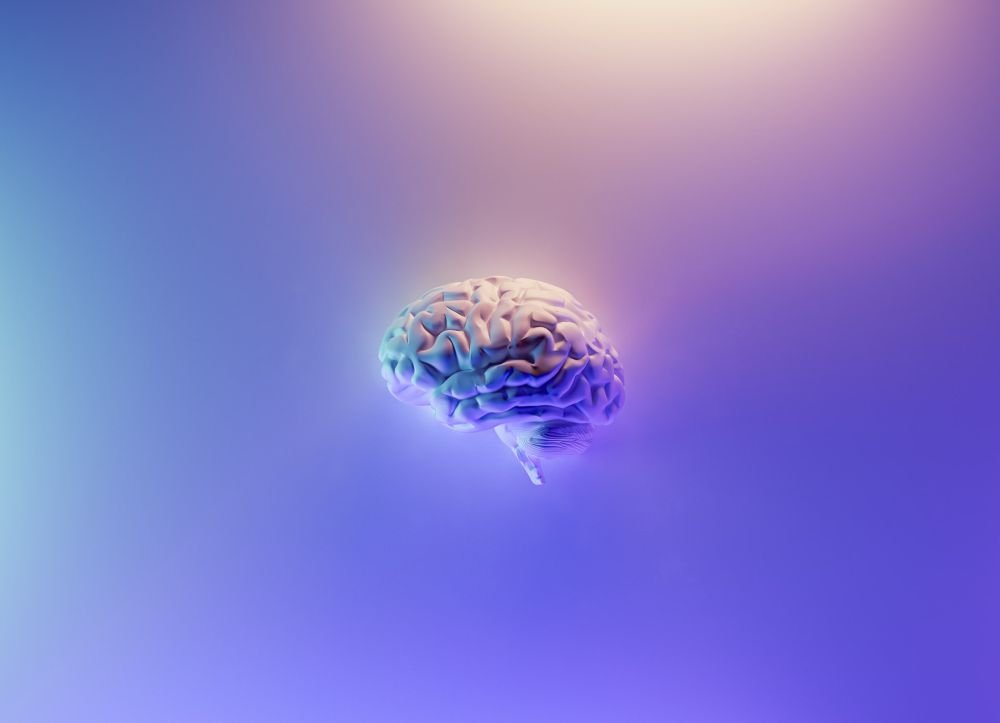
A large-scale study has established dramatic changes in the structure of the brain in people suffering from anorexia. The study of the physiology of these victims of eating disorders was carried out by scientists from the University of Bath in the UK.
A joint study by British scientists with international partners has revealed key differences in brain structure between people with and without anorexia nervosa. It is a very severe eating and mental health disorder that affects a quarter of a million people aged 16 and over in the UK alone. Among the characteristic symptoms is an acute desire of a person to reduce his weight by refusing almost all food.
To successfully treat anorexia, it is essential to understand why some people get it and others don't. The factors behind the disorder are known, and an extensive analysis of brain scans from patients around the world has now been performed, which has shown that victims of anorexia show marked reductions in three critical brain parameters: cortical thickness, subcortical volumes, and cortical surface area.
The reduction in brain size is significant because it is known to be caused by the loss of brain cells or the connections between them. There is some of the clearest evidence of brain changes among victims of anorexia. Moreover, in people with this disorder, the size and shape of the brain decreases 2-4 times more than in victims of depression, attention deficit hyperactivity disorder, or obsessive-compulsive disorder. This is the most significant brain shrinkage of any mental disorder known to date. (READ MORE) 
University of Bath
Medicine
a public education and research university located in Bath , Somerset, UK
